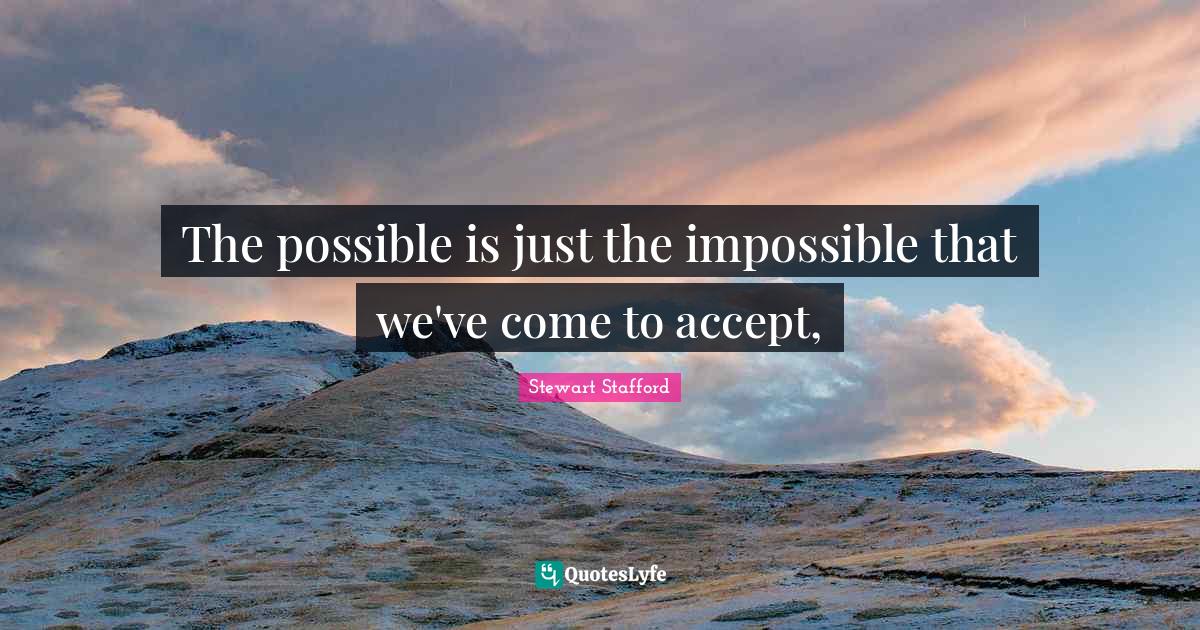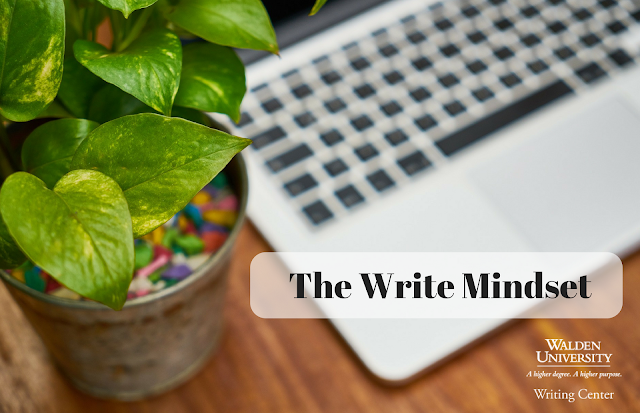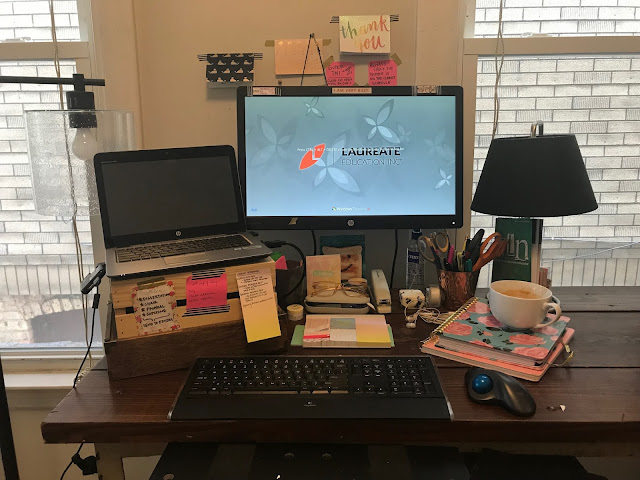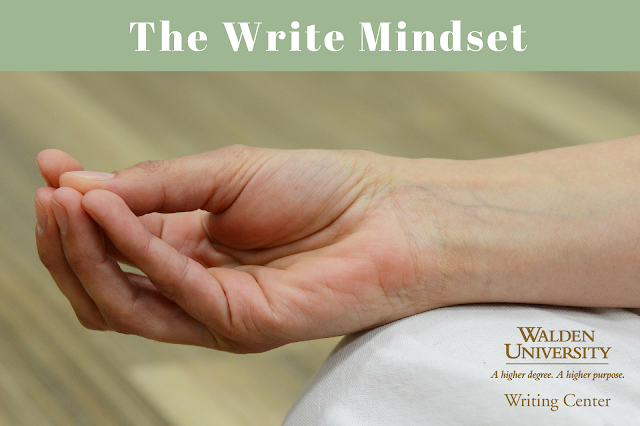The Benefits of Regret
I can't believe it's already the end of December. It seems this past year was both unending and insanely short. (Or is that just me?) I introduced the blog's theme of motivation in March and--while it hasn't been a full year--it seems fitting to look back at that theme and start planning for 2022. (It will probably be March again before I'm able to write 2022 without either first writing 2021 or feeling the need to double-check that I'm not making up a year).
My WriteCast cohost, Claire Helakoski, will be posting an episode focused on SMARTER goals at the beginning of next month and the discussion we had got me thinking about how we can use reflection--as well as careful planning for the future--to ensure we move forward in our most important goals. In particular, I'm wondering if there's a way to reframe supposed 'failures' and regrets so they can propel us in a positive way rather than holding us back.
Much research has been done on the ways thoughts impact reality. As productivity coach Michael Hyatt (2021) put it, "we tend to experience what we expect...our success ultimately depends on our ability to tell the difference between reality and the story we are telling ourselves...when we believe we can't, we don't. The difference is all in our heads" (p. 18). Similarly, author Stewart Stafford argued, "the possible is just the impossible that we've come to accept" (QuotesLyfe.com). Basically, how we frame things in our own minds is important.
This is why I think it would be a good idea to (re)frame how we might usually think about our past mistakes, regrets, and anything we might consider a failure. Some of my favorite motivational quotes run along the lines of, 'failures are actually opportunities for learning' but at times this can seem cliché or flippant. Personally, I find these quotes inspiring in general, but less helpful in times I find myself overthinking things I've done or avoided doing. If you're like me, hearing "don't think about pink elephants" instantly conjures images of those animated "heffalumps" from "Winnie the Pooh and the Very Blustery Day" (or some other version of elephants in shades of faded red). And quotes like "we learn from failure, not from success", at a time when I'm overthinking, read as platitudes rather than sound advice (Stoker, 2000, p. 103).
Research has also found that attempting to 'just get on with things' rather than allowing yourself to deal with regret is actually more damaging than we might think. Janet Landman (1993), a psychologist from the University of Michigan posited, "Regret may not only tell us that something is wrong, but it can also move us to do something about it" (p. iii). And University of Illinois researchers Neal Roese and Amy Summerville (2005) conducted an in-depth study about regret and found "people's biggest regrets are a reflection of where in life they see their largest opportunities; that is, where they see tangible prospects for change, growth, and renewal" (p. 1273). Basically, we tend to particularly dwell on mistakes we've made where we are most easily able to determine what misstep preceded, or what alternative action could have likely changed the outcome for the better.References
Hyatt, M. (2021). Your best year ever. Michael Hyatt & Company, Inc.
Landman, J. (1993). Regret: The persistence of the possible. Oxford University Press.
QuoteLyfes.com. (n.d.) Steward Stafford quotes. https://www.quoteslyfe.com/quote/The-possible-is-just-the-impossible-that-258026
Roese, N. J., & Summerville, A. (2005). What we regret most...and why. Personality and Social Psychology Bulletin, 31(9), 1273-1285. https://doi.org/10.1177/0146167205274693
Stoker, B. Dracula. Dover Publications, Inc.
Kacy Walz is a writing instructor from St. Louis, MO. She is currently working on a PhD in Literature from the University of Missouri. Along with her work on the blog, Kacy also cohosts the Walden Writing Center podcast. She enjoys piña coladas and getting caught in the rain.
.png)
How to Manage Procrastination and Brain Fog
| Image used with permission from Pixabay |
1. Therapy: Therapy has been the most excellent tool in my academic success at Walden University. Therapy helps me talk through life’s obstacles that may place me into brain fog. As mentioned earlier, anxiety can lead to brain fog, but so can depression, grief, sadness, or trauma. Therapists work closely with their clients to help resolve these issues. Resolution can lead to success once the client is open to seeking opportunities that will help them thrive, both personally and academically.
2. Breaks from social media: Technology like smartphones and computers allow us to be constantly "plugged in" to the news and current events. Being plugged into social media too much feeds procrastination and could lead to anxiety. One way to address this is to make social media applications less easy to access. You might consider removing these apps from your phone or using website blockers or timers to limit your access.
3. To-do list or planners: I am willing to give the office supply store my income based on planners alone. Not only do I love them, but planners and to-do lists keep me on track and organized. I use them to ensure I am not missing out on anything important, such as assignments, webinars, meetings, and coursework related tasks. Staying organized keeps me on track and helps me to avoid procrastination.
4. Meditation and Mindfulness: As a yoga instructor, I know that the purpose of meditation and mindfulness is to consider the thoughts that make us feel upset, sad, or anxious and to focus on the thoughts that make us feel empowered, happy, refreshed, energetic, and accomplished. It’s the practice of knowing and focusing on the “now” and not “back then” and “in the future.” Using meditation and mindfulness when dealing with brain fog, as the writer, helps to focus on what you are doing, in that very moment. Meditation and mindfulness help the student to focus on their ability to produce the very best course paper by encouraging focus on that exact task and nothing else. By focusing on being in that very moment of creating a paper, you can navigate out of your brain fog!
.png)
Never miss a new post; Opt-out at any time
Handling the Hot Thoughts: Cognitive Behavioral Therapy and Writing
- You’re writing a major assessment for a course and you have no idea where to start. You pored over research, but you are putting off writing because you feel overwhelmed.
- You’re almost done with an annotated bibliography. The annotations and entries are done, but now you are stuck on the introduction. You’re feeling anxious about finishing this assignment because it is worth such a large percentage of your course grade.
- “I have no idea how to start this paper, because I am not good at writing. Hot thought: Whatever I turn in will be terrible.”
- “I have no idea what to write for this introduction. What if I finish this assignment and I get a terrible grade? Hot thought: If I get a terrible grade, my overall course grade will drop.”
- I have never turned in a terrible paper before. While I may have done poorly on some writing assignments in the past, I was able to revise my writing and learn from the experience. Alternative Thought: I am confident in all the research I have done. I can freewrite my first draft and then get help from the Writing Center.
- So far I have not received a bad grade in this class. In fact, my instructor has been happy with my writing. Alternative thought: I may be stuck now, but I will begin by outlining my introduction. If I am still struggling with writer’s block, I will reach out to my instructor for feedback.
Tasha Sookochoff is a writing instructor in the Walden University Writing Center. Along with earning degrees from the University of Wisconsin, Stout and Depaul University, Tasha has written documentation for the U.S. House of Representatives that increases government transparency, blogged for DePaul University, copy-edited the Journal of Second Language Writing, tutored immigrants and refugees at literacy centers, and taught academic writing to college students.
.png)
Never miss a new post; Opt-out at any time
Thursday Thoughts: Restorative Writing for Social Change
We are excited to add a new webinar to our webinar archive. Using Restorative Writing to Enact Social Change explores how you can use writing to work through difficult experiences and events and move towards social change in your community. In this hour long webinar that you can watch at any time, you will learn what restorative writing is and be able to practice it with several guided writing exercises.
Check out these other great resources related to restorative writing for social change:
- WriteCast Episode 36: Social Change and Difficult Conversations is a podcast episode devoted to handling difficult conversations related to change
- In the blog post How to Write for Positive Social Change, Dissertation Editor Lydia talks through how to explain the social change implications of your academic work at Walden
- Exploring Perspectives is another webinar focused on writing for social change
- The Academic Skills Center has a Creative Writing for Social Change webinar in their archive and is also hosting a virtual conference on Using Your Skills for Social Change on October 4, 2018
- For more on the importance of social change here at Walden, see the Social Change at Walden web page
The Walden University Writing Center helps student writers at all points of the writing process by providing one on one writing instruction, modules, webinars, a podcast, and blog.
.png)
Never miss a new post; Opt-out at any time
The Write Mindset: Creating Mindful Writing Spaces
What makes me feel comfortable?
Tasha Sookochoff is a writing instructor in the Walden University Writing Center. Along with earning degrees from the University of Wisconsin, Stout and Depaul University, Tasha has written documentation for the U.S. House of Representatives that increases government transparency, blogged for DePaul University, copy-edited the Journal of Second Language Writing, tutored immigrants and refugees at literacy centers, and taught academic writing to college students.
.png)
Never miss a new post; Opt-out at any time
The Write Mindset: A Three-Part Blog Series
You can read all of our posts in this series as they're published.
Finding Your Drishti: A look at how the mind and body work together, as well as tips for how a yoga practice can enhance your writing practice
Creating Mindful Workspaces: A glimpse inside of the workspace of one Walden Writing Center Instructor and how mindfulness can influence physical spaces
Managing Time Mindfully: A Writing Instructor's strategies for balancing work, writing, and family using simple time-management techniques
With this in mind, we hope you enjoy our Instructor posts on tips for getting into The Write Mindset and we hope you share with us your own tips for harnessing this mindset as well!
The Walden University Writing Center strives to support student writers in all of their academic writing pursuits. The Instructors, Editors, and Leadership of the Writing Center recognize that learners and writers have different needs. As such, we produce a variety of resources intended to support writers where they are, when they need them.
.png)
Never miss a new post; Opt-out at any time
The Write Mindset: Finding Your Drishti
Veronica Oliver is a Writing Instructor in the Walden Writing Center. In her spare time she writes fiction, binge watches Netflix, and occasionally makes it to a 6am Bikram Yoga class.
.png)
Never miss a new post; Opt-out at any time

















